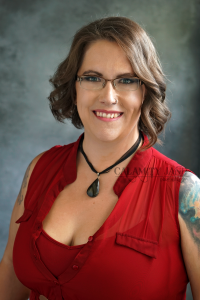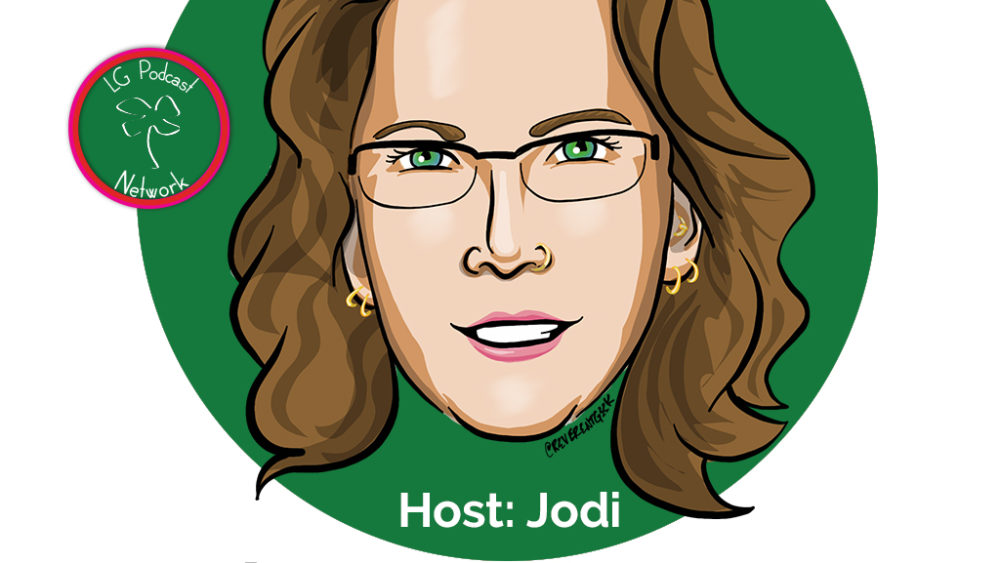Podcasting Success
When I got started with my first podcast, I had a very specific idea in mind. I had a message, and knew my message was important to share with others. I had the concept, the name, a niche, and the passion for my topic. So I jumped right in.
It wasn’t until multiple episodes later that I realized my niche was a little bit TOO specific – my audience was already engaged in what I was talking about, and it was too niche to pull in a broader audience of new listeners.
Was this failure? Or was this an opportunity? I didn’t want to scrap my original podcast, because it did have great content, and an audience for that content. But I realized I did have to make a change – so I decided to pivot.
 If you’re thinking of starting your own podcast, make a decision in the beginning to be flexible with your concept. It’s perfectly fine to head in one direction, and then realize that wasn’t exactly the path you thought it would be. It isn’t failure if you pivot and head in a slightly different direction – you only fail if you give up and stop.
If you’re thinking of starting your own podcast, make a decision in the beginning to be flexible with your concept. It’s perfectly fine to head in one direction, and then realize that wasn’t exactly the path you thought it would be. It isn’t failure if you pivot and head in a slightly different direction – you only fail if you give up and stop.
Let me give you an example; let’s say you love music and going to concerts. Your favorite style of music is heavy metal; your favorite band is Escape the Fate. If you start a podcast about music, that is a HUGE category. You will never run out of material for your podcast, but if you talk about country music one week and heavy metal the next, you aren’t going to find a loyal audience and following.
You don’t really want to talk about country music at all, so you decide to narrow it down to your favorite band. But if your podcast is about “Escape the Fate,” you’ve limited your audience to only those people who are fans of the band, AND you’ve limited the amount of content you can create for your podcast. Can you come up with enough content to do a podcast every month? What if “Escape the Fate” takes another hiatus (for example, for a prison sentence or otherwise)? Your podcast is dead in the water – you haven’t failed because you’ve created great content and have built an audience, but now you need to pivot.
So let’s say you decide to broaden your topic – you change your podcast category to the entire genre of “heavy metal.” This gives you a much larger amount of content, for monthly or even weekly podcasts. Your audience is now everybody that loves heavy metal, and you stay true to your original passion and concept. If “heavy metal” ends up being too broad for you –you don’t like covering band gossip, then concerts, then album releases– you pivot again to focus only on upcoming and recent concerts.
Your final podcast may end up looking quite different than how you envisioned when you embarked on this journey, but you can see you have remained true to the passion for the topic that inspired you in the first place. Switching gears is not failure – it shows that you are flexible, adaptable, and focused on the true spirit of the podcast you created.
_______________________
For more information about Jodi Selander’s work, visit her website postpartumsurvivalguide.com.

